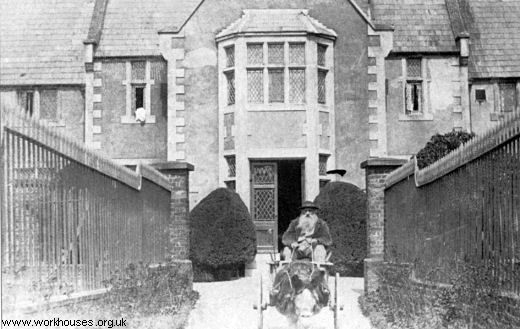By Ken Clark
Pauperism in Rye remained an unresolved social problem at the opening of the twentieth century. Social reform is this country was confined to filling the most glaring gaps in the existing social system. The bed-rock of social provision was to be found in the Poor Law, first enacted in the time of the Tudors, and re-enacted in 1834. Administered locally by Boards of Guardians and financed from the local rates, the Poor Law provided a minimum subsistence under conditions which were deliberately designed to deter all but the utterly desperate from applying for it. It is little wonder, therefore, that the poor feared the day when, through ill health, misfortune or old age, they would no longer be able to earn their living for, unless they had been extremely thrifty or possessed children who were in a position to help, the workhouse was the only place for them. Continue reading Rye in Edwardian Times


